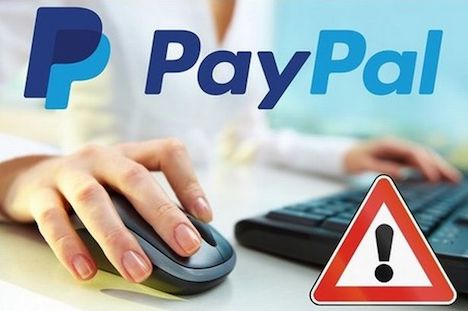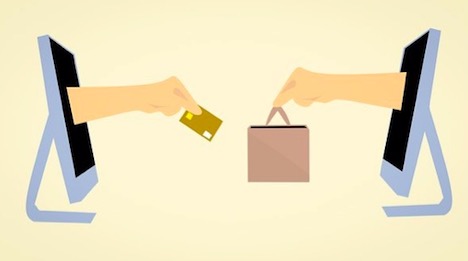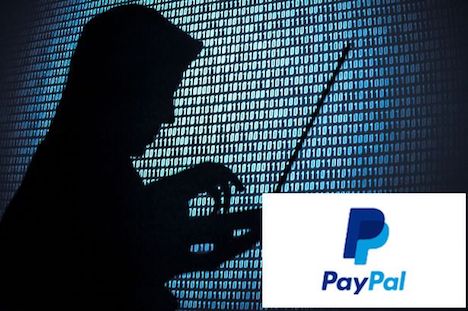15 Dangerous PayPal Scams You Must Avoid
PayPal has helped us revolutionise the way in which we purchase things and transfer money online. Since its inception back in 1999, it has grown to become one of the world’s leading ePayment providers and has facilitated billions and billions of transactions from every corner of the world. But as with everything on the internet, there are always a few unscrupulous souls that are looking for someone to scam or rip off.
These are 15 of the most common.
1. Fake Emails
Whilst PayPal does often send emails to its patrons to update them of news and things relevant to their account, there are lots of fakes around. These emails often tell you that you have received a payment, or need to confirm some personal information in order to update the account or authorise a transaction. Ignore any emails that have attachments or that come from an address which is not service@paypal.com.
2. Fake Websites
There are several sites out there that will try to convince you they are real sites. They will ask you to input your PayPal username and password to log in, but in actual fact they will steal your information. This is quite common with gambling sites, and to avoid such scams, you can check out these recommended PayPal slots sites so you can be assured that your details are safe and secure!
3. Advanced Fee Fraud
If you get an email saying you have won a large amount of money and you just need to pay a small fee via PayPal to access it, the chances are that it is a scam. Remember if it is too good to be true, it probably is.
4. Prize Winner Scam
This is similar to number 3, remember, never send any money to receive a prize, especially for a contest that you didn’t enter!
5. Investment Scam
Users will receive an email from a scammer advising them of a great investment opportunity which will make them rich overnight. Heads up, it won’t, and it is nothing more than a scam.
6. Charities Scam
Many scammers play on emotions to get money out of unsuspecting victims. Remember to think with your head as well as your heart before you send anyone any money.
7. Advertising Scam
If you receive an email with promo information about a job, dating site, or social media platform which offers your great deals, don’t believe the hype. PayPal doesn’t advertise in this way, so click delete and continue your day.
8. Business Partnership Scam
These are often received by entrepreneurs and ask them to partner up to sell some expensive products. The scammer will then ask to use your account to pay for supplies, but guess what? The products do not exist.
9. Reshipping Packages
Unsuspecting users are asked to help ship electrical goods out of the US and by using you, it means their nefarious activities can go undetected by the authorities.
10. Package Rerouting
People using PayPal are asked to assist with an order that cannot be sent or received for xyz reason. Scammers use this to make people pay for products they haven’t ordered, or to gain access to your address or other personal details.
11. I Have Sent You The Money Scam
If you are awaiting payment and someone sends you a screenshot showing that a transaction has been made, be sure not to send the product until you have logged in and checked it yourself. It takes two minutes to fake a screenshot in Photoshop.
12. Payment via PayPal
If a customer tells you that they can only pay via PayPal and you don’t have an account, be wary of any links that anyone sends you. These links often go to fake sites.
13. Anything That is Too Good to be True
If you receive any offer or email offering you the world for very little, do not reply, do not give any of your details, and don’t fall for it.
14. Saying Your Account Has Been Hacked
if you receive an email saying that your account security has been breached-be wary. Do not hand your password over to anyone else, and particularly not through email.
15. Use your brain!
Remember that if it is too good to be true, it probably is. Treat everyone with a level of suspicion and keep your login details and card details secure and private at all times. A little common sense, goes a long way!
Tags: online transaction, paypal, privacy & security, tips & tricks












































